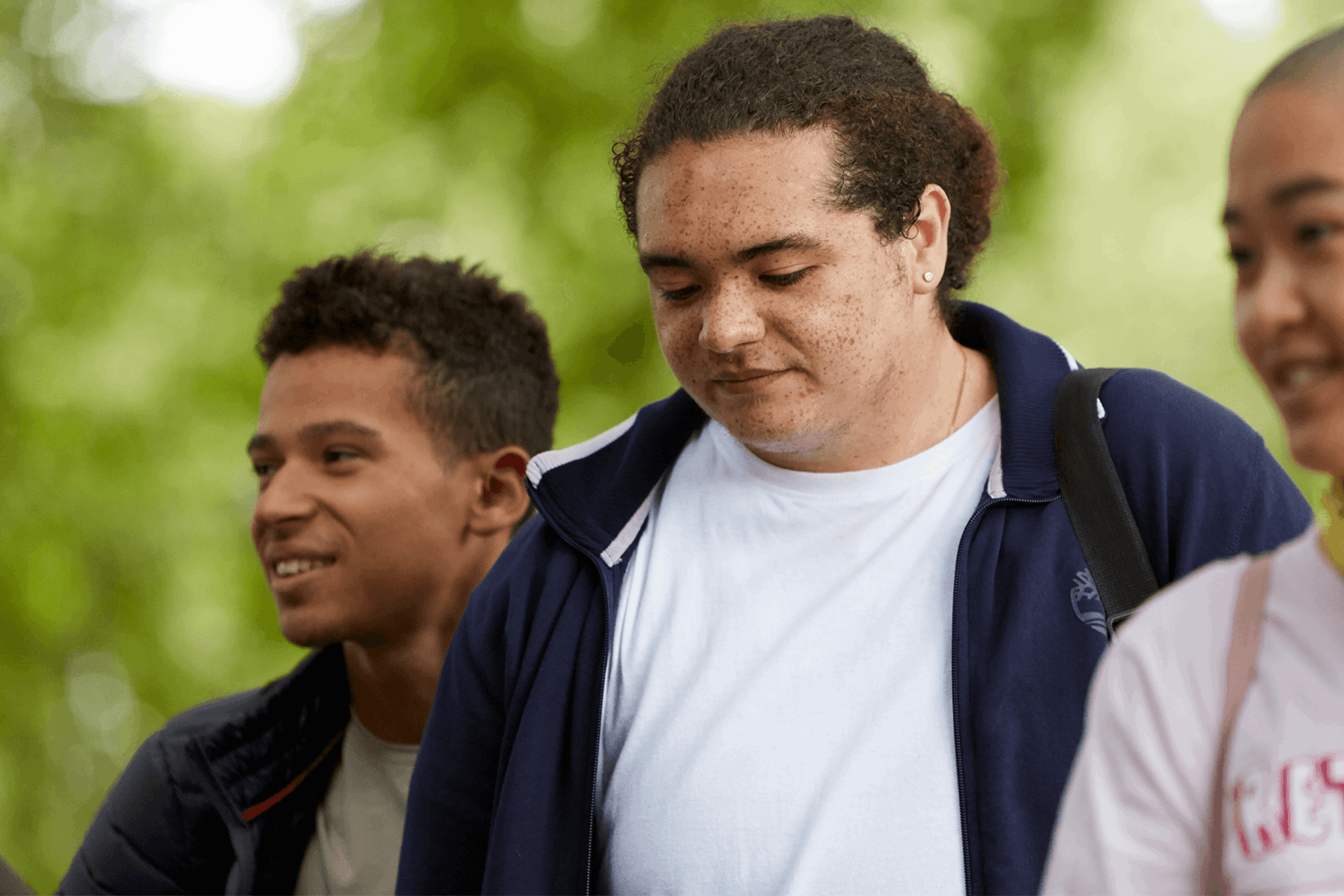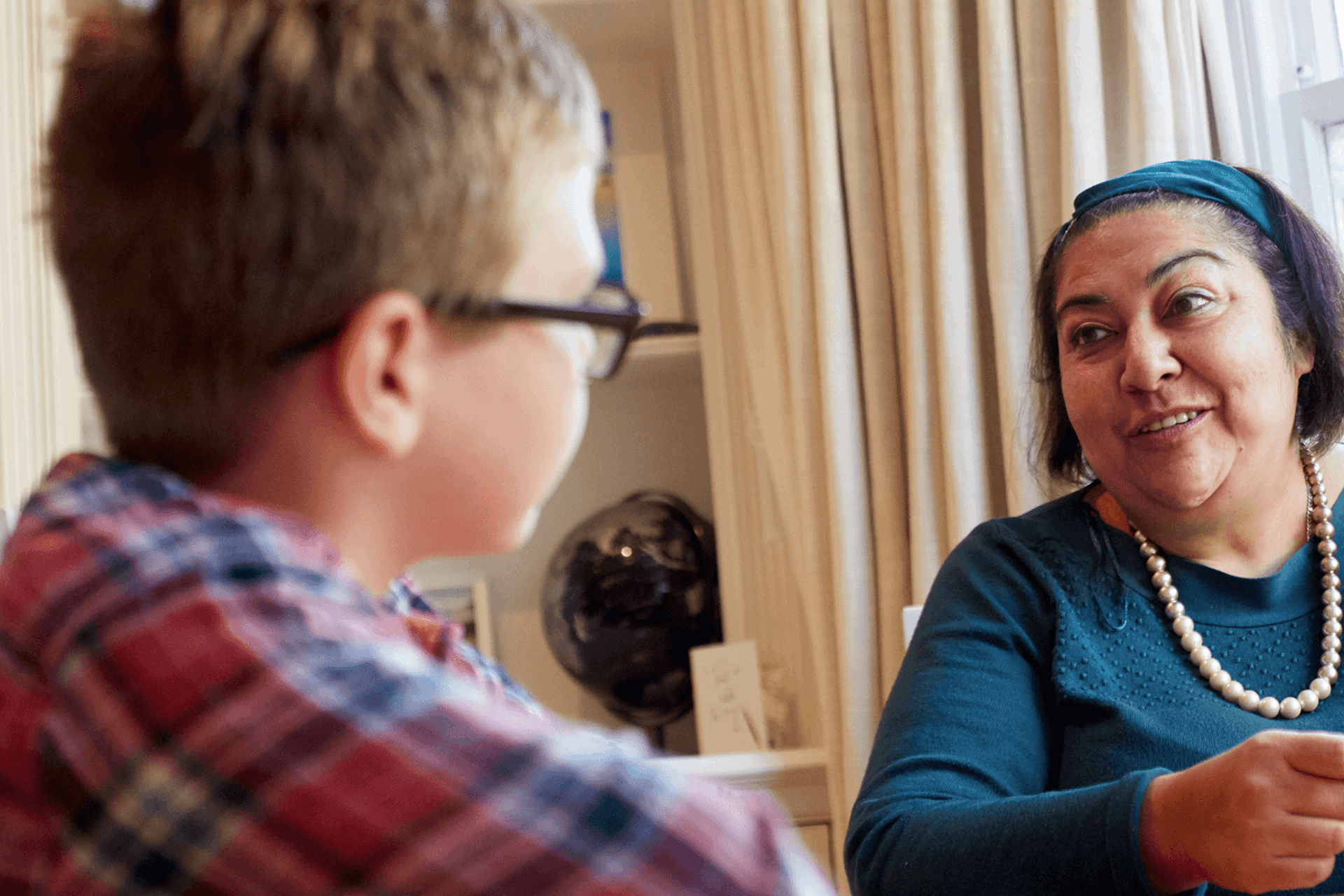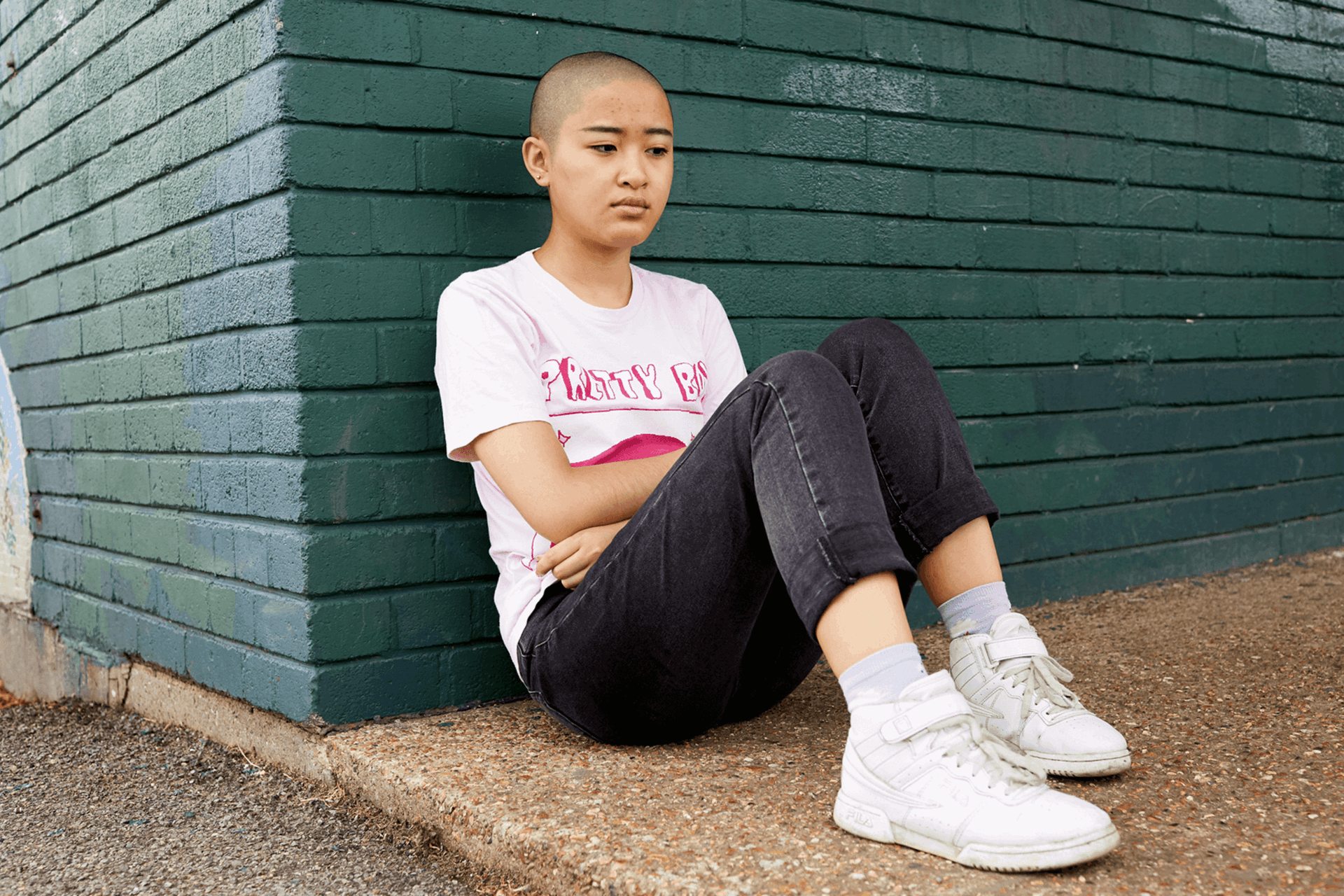Topics mentioned: anxiety, medication
About: Hannah, 22, explains how changing her expectations made a difference when trying fluoxetine for anxiety and the benefits she experienced.
I think there is always a hope that medication will be the magic pill that fixes everything, and that is totally understandable.
Medication is such a tricky subject, especially when it comes to our mental health. Taking mental health medication will be different for everyone.
It’s a personal journey, one which can be a very bumpy ride, with many ups and downs. It can even land you back in the place where you started. But it can also help you get back on your feet.
Why I doubted mental health medication
If you had asked me just two years ago if I’d write a blog about the benefits of medication, I would’ve laughed and rolled my eyes. I was the biggest critic of them all for a long time.
Over the years I’ve tried more different types of medication than I can count. All different medications with different benefits and strengths.
It doesn’t work overnight or by itself, and for some of us, it doesn’t work at all.
However, a lack of motivation and believing wholeheartedly that they would never work left me still struggling and bitter at the thought of medication.
Some had unpleasant side effects, a few seemed to make things much worse, and others had no impact whatsoever. If I’m honest, I never took them consistently. And those I did weren’t the right ones for me.
Even if it is subconscious, I think there is always a hope that medication will be the magic pill that fixes everything, and that is totally understandable. I mean, why wouldn’t we want an easy answer to the pain we’re going through? If only it could be that simple!
But the fact of the matter is that medication isn’t a magic cure. It doesn’t work overnight or by itself, and for some of us, it doesn’t work at all. I think being able to temper that disheartenment is key to receiving and benefiting from medication. It definitely was for me.
Interestingly, its biggest benefit has been significant emotional relief around the time of my period.
The benefits of fluoxetine that I’ve experienced
I spent a lot of energy fighting my meds and therefore never got a true picture of if they could work or not. I never took them consistently and got despondent after a couple of weeks of them ‘not working.’ This was probably making it worse.
Interestingly for me (and remember that everyone is different when it comes to taking medication), my mental health medication journey has gone in a complete circle; the medication that works for me now was the one I first started taking all those years ago.
At the time fluoxetine did nothing, but now, six years later, I have a different mind-set and am feeling its benefits. It took a lot of trial and error with my consultant, but now I have a medication that is working with minimal side effects for now.
It’s helped keep my emotions more stable and dampened my anxiety a little, so I’m more able to do things. Interestingly, its biggest benefit has been significant emotional relief around the time of my period.
For a long time, I would just put up with weird sensations and believe that my doctor knows best, but you know your body.
My advice for anyone taking medication
While it hasn’t cured me, taking fluoxetine has had a genuine impact when used in conjunction with other things. This has sadly been proven by recent supply issues and how different I am when I’m unable to take it.
The potential withdrawal symptoms of mental health medications are something to bear in mind. I have personally experienced this and it can be quite unpleasant, but as long as you follow the guidance from your doctor, these should be kept to a minimum.
On the subject of side effects, while you are trialling your medication, keep track of any new symptoms you may experience. For a long time, I would just put up with weird sensations and believe that my doctor knows best, but you know your body and the doctors only know if you tell them.
It’s your body and you have autonomy over it; medication should be a joint decision and an open discussion.
Medication hasn’t changed my mental health problems, but it has helped me cope with them better.
I am forever grateful for the support which allowed me to get back on fluoxetine and find a dose which worked, and actually made a positive impact on my mental health. Medication hasn’t changed my mental health problems, but it has helped me cope with them better. Don’t get me wrong, it has been a long process.
Finding the right medication could take some time, but it’s worth pursuing and working at. It may not work but it’s about adjusting your expectations and giving it time to see what happens. I never believed it could work for me but sitting here now, I can truly say it has made a difference.
I never believed it could work for me but sitting here now, I can truly say it has made a difference.
More information and advice about medication
We have tips and advice to help you find the support you need. Take a look at our guides.
Where to get help
However you're feeling, there are people who can help you if you are struggling. Here are some services that can support you.
-
Childline
If you’re under 19 you can confidentially call, chat online or email about any problem big or small.
Sign up for a free Childline locker (real name or email address not needed) to use their free 1-2-1 counsellor chat and email support service.
Can provide a BSL interpreter if you are deaf or hearing-impaired.
Hosts online message boards where you can share your experiences, have fun and get support from other young people in similar situations.
- Opening times:
- 24/7






